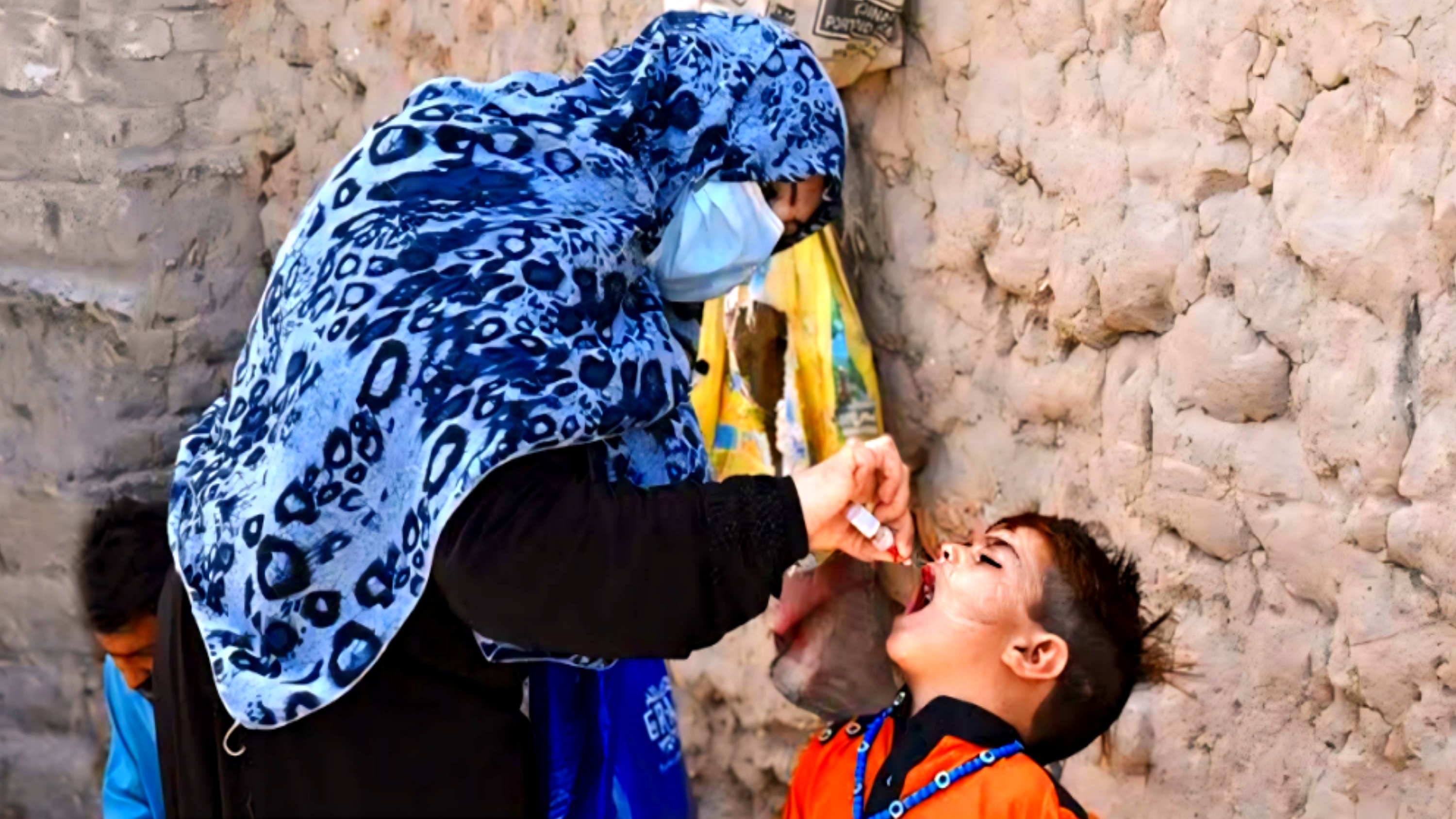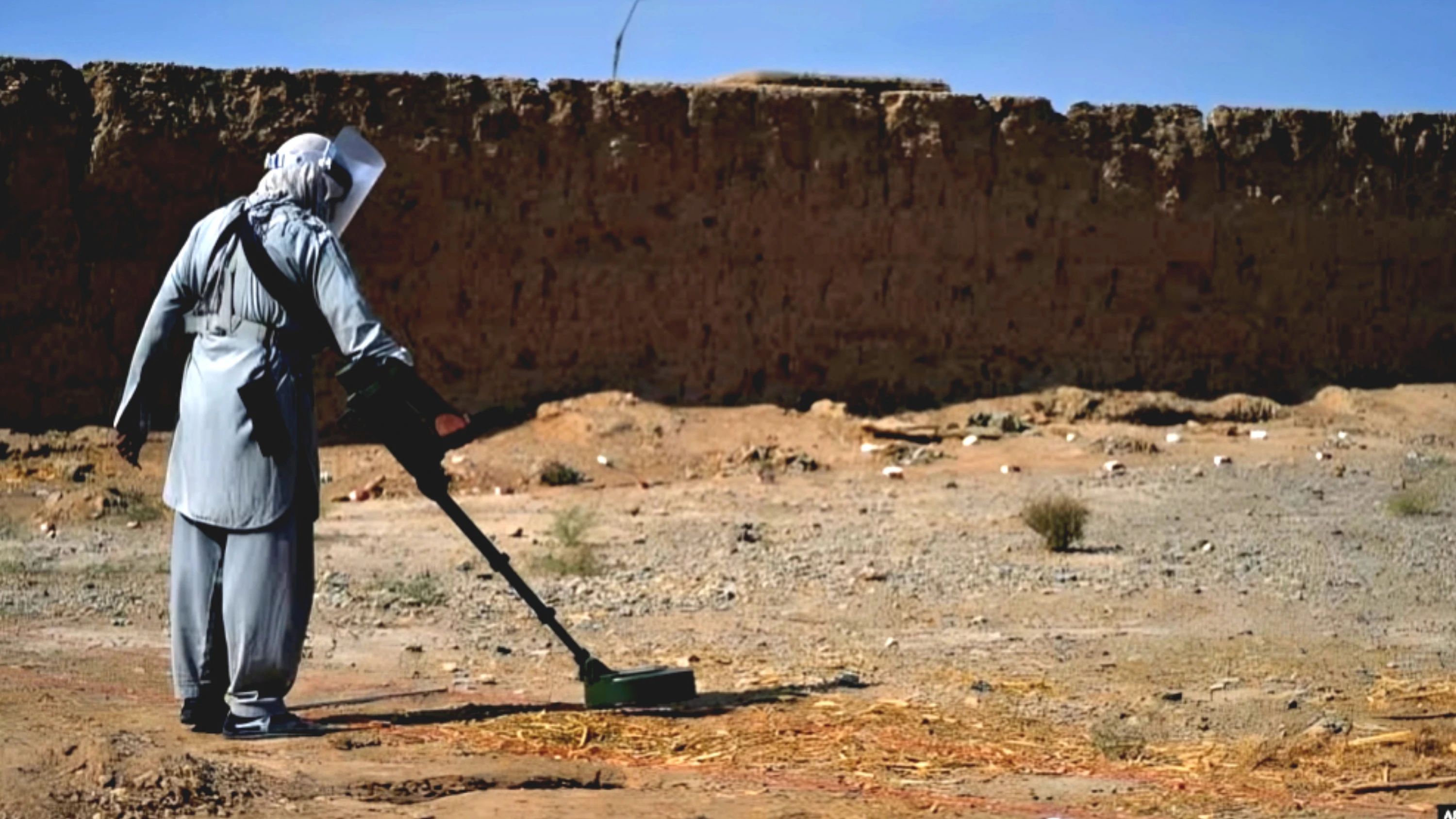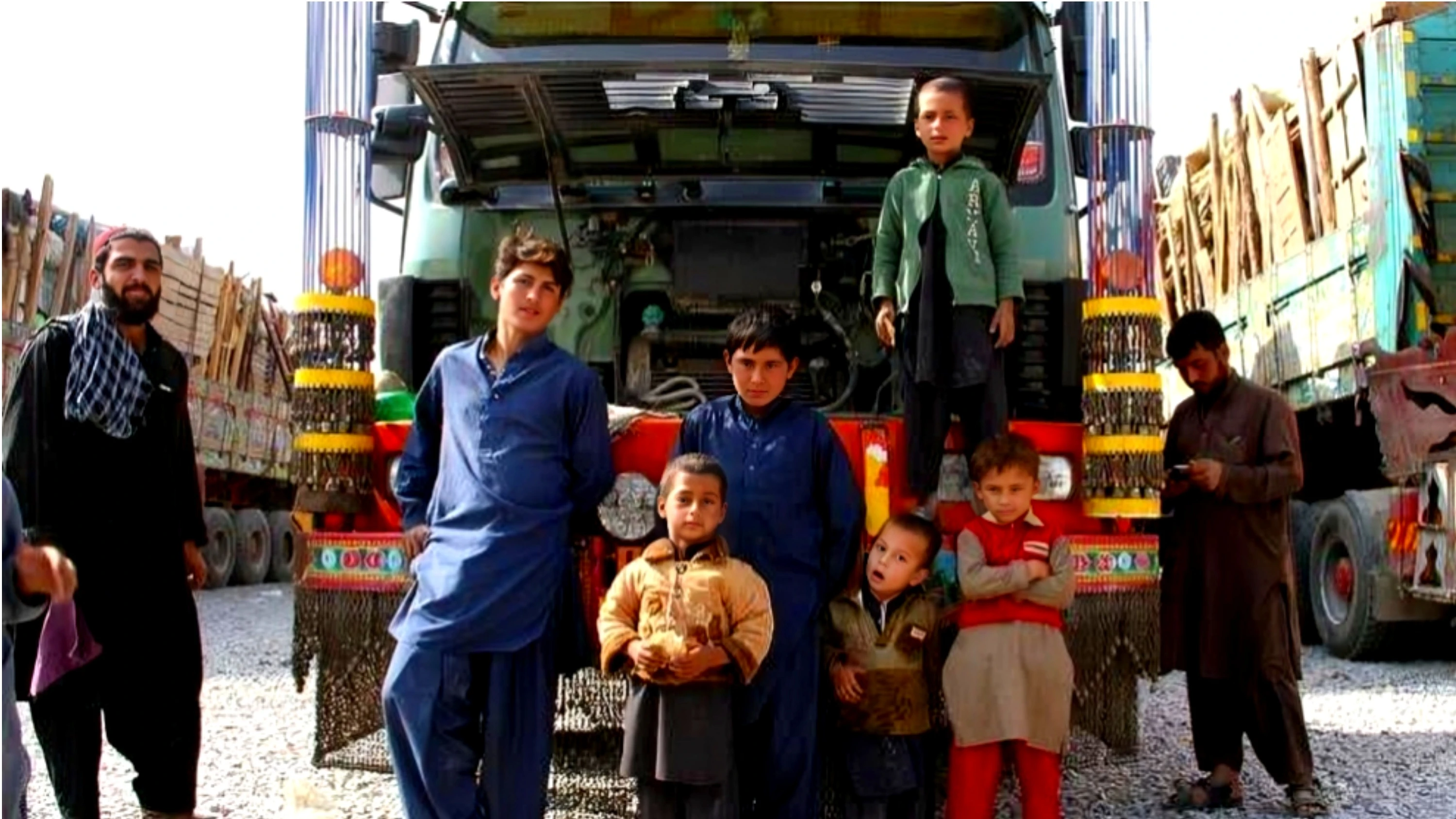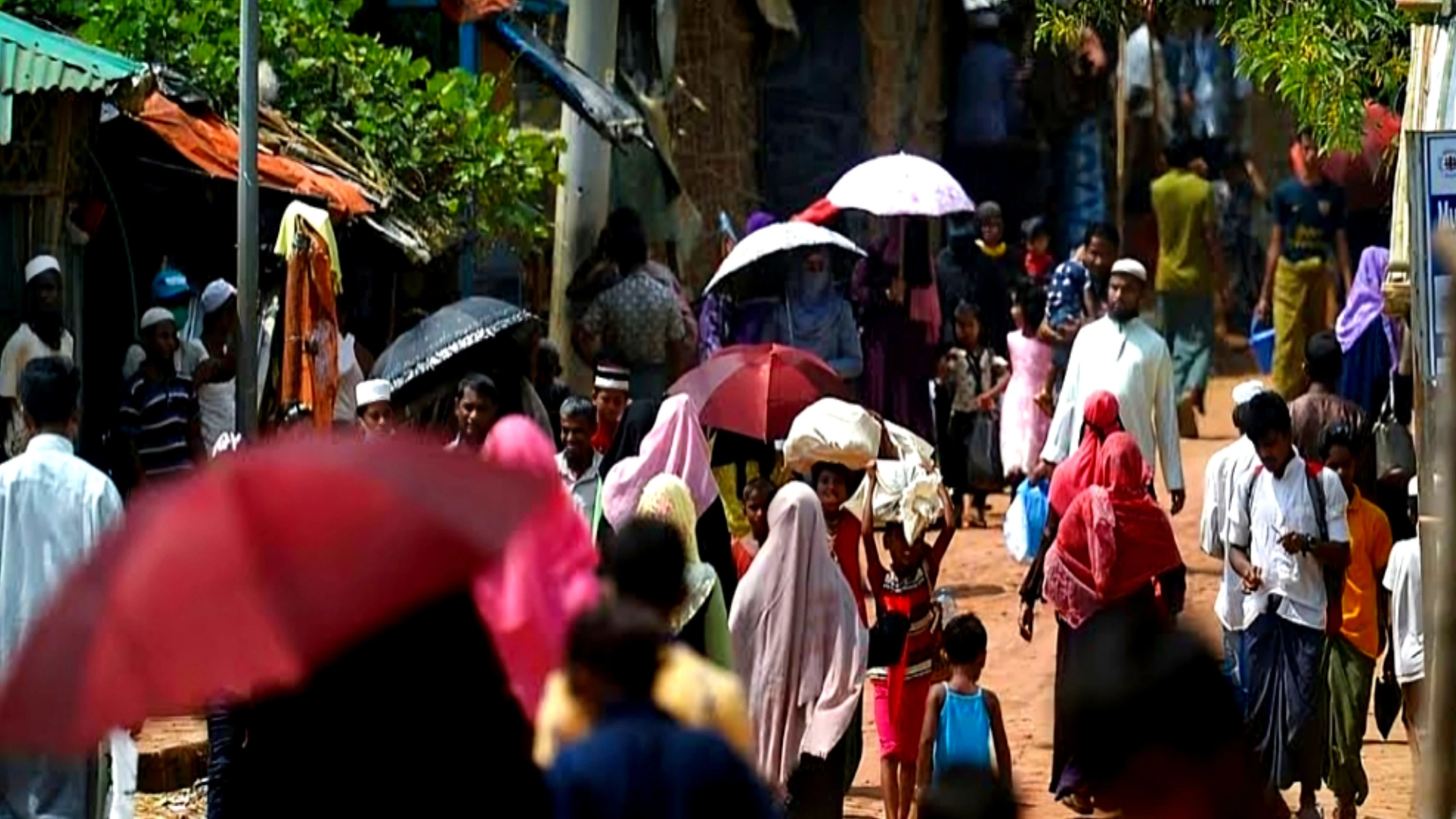Islamabad: Health authorities in Pakistan have raised alarms over the resurgence of polio, a disease once on the brink of eradication. The latest figures show a significant increase in polio cases, dashing previous hopes of eliminating the virus from the country.
In 2021, Pakistan reported only one case of polio. However, by 2024, the country had recorded 73 cases, most of them concentrated in the conflict-ridden provinces of Balochistan and Khyber Pakhtunkhwa (KP). As of early 2025, one new case has already been reported in KP.
Medical experts warn that if even one person is infected with the polio virus, it can spread through their excrement into contaminated water sources, such as open sewage systems or underground water reservoirs.
Since polio is a viral disease with no cure, the only effective protection is vaccination. Experts stress that every child under the age of five must receive polio drops during vaccination campaigns.
On the other hand, the polio vaccination is facing severe problems as health officials attribute the spike in cases to the inability of vaccination teams to reach remote and terrorism-affected areas on time.
Pakistan and Afghanistan remain the only two countries in the world where polio is still endemic. According to the World Health Organization (WHO), the low vaccination rate in remote areas of both nations is the key reason behind polio’s persistence.
Interestingly, after the Taliban took control of Afghanistan in 2021, health teams were able to reach previously inaccessible areas for vaccinations. However, in Pakistan, worsening security conditions continue to obstruct the polio eradication campaign.
The WHO has warned that the suspension of U.S. foreign aid could severely impact polio eradication efforts in Pakistan and Afghanistan.
During an online meeting on January 29, WHO’s Eastern Mediterranean director, Hanan Balkhi, expressed concerns about the impact of U.S. aid withdrawal on global health initiatives, including polio eradication. She stated, "U.S. funding has been crucial in the fight against polio. We are in the final phase of eradication in Afghanistan and Pakistan, and this support is essential to achieving our goal."
Her remarks come after U.S. President Donald Trump’s recent decision to halt nearly all foreign aid for 90 days and withdraw from international health programs.
Despite these challenges, Pakistan has successfully reduced polio cases by 99% since 1994, according to the WHO. However, the organization warns that polio eradication efforts are at risk due to funding delays.
On January 28, WHO’s Deputy Director Mike Ryan voiced concerns about delays in a $68 million polio eradication fund for Pakistan, cautioning, "Immediate financial support is necessary to prevent setbacks in the hard-earned progress against polio."
One of the biggest obstacles to Pakistan’s polio eradication campaign is targeted violence against health workers. Since the launch of the national vaccination drive, over 200 polio workers and police officers have been killed while conducting immunization campaigns.
In addition to security risks, poor infrastructure and economic hardships have further complicated polio eradication efforts in the country.
The first polio vaccination campaign of 2025 is scheduled to begin in the first week of February. Pakistan’s Prime Minister, Shehbaz Sharif, has emphasized the importance of cooperation between federal and provincial governments to achieve complete polio eradication.
However, health officials caution that without international funding and improved security, Pakistan’s polio program faces a major risk of failure.
With polio still present in Pakistan and Afghanistan, global health experts warn that until every child is immunized, no child is truly safe from this devastating disease.








